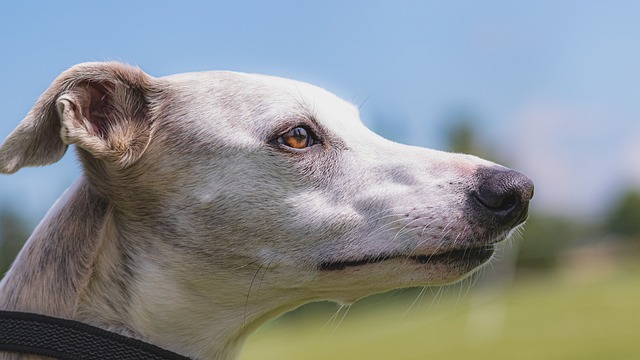
It is important to train your dog so that they are well behaved. The more you know about training your pet, the better off you will be when the time comes to implement the training. Equip yourself by reading the piece that follows.
When you correct your dog verbally, try making those corrections short and straight to the point. Avoid launching a lengthy tirade against your pet and his naughty behavior. Just say no and direct them on what it is you desire for them to do. Be sure your command tone of voice gets their attention and shows that you’re serious.
Begin your training regimen with an easy task for your dog. Not only does this give you a feeling of satisfaction in your success, but your dog also learns about what an acceptable behavior is. Doing this will give you better results in your training.
You need to make certain your dog is having fun each day during training sessions. If you do so, your dog will feel closer to you, and even respond to training better. Training can be a fun experience, however, getting some enjoyment for yourself and the dog through play is a good thing.
Use your dog’s name all the time, this will help focus him. It is especially important to do this during the first weeks of training, in order to establish that name-attention association. The best dog names are ones that are short and are different from other commands.
Using a different tone of voice for different purposes is a great teaching tool for training your dog. Use a clearly defined tone for different commands, encouragement or directives. This makes it easier for the dog to link your expectations with different behaviors. Commands must be sharp and firm, corrections should be loud and praise should be given in a natural tone.
Split treats into bite-sized pieces to keep rewards from affecting your dog’s daily diet, weight or overall health. Many people do not factor in treats when they are tabulating a pet’s diet, but they do add up, particularly while you are training.
Why does your dog bark? When you understand the antecedent, you can manage the behavior correctly. If your pup barks when visitors arrive, enlist the help of a friend.
Older pets have limitations that younger animals don’t. Older dogs are harder to train because of developed quirks, so it is best to learn to live with those that are manageable. A dog in his senior years may not be as receptive to changes and new behaviors. Try to change the things that are negative, to make your older dog a better pet.
When you want to train a dog, you should use all the resources available, from books to blogs. Get ideas from people who have the same breed of dog as you. Adjust your plan to the individual needs of your pet based on the tips you have gathered.
Make sure to keep your dog’s check ups, up to date. If your dog is going through a tough time with training or seems to be regressing, ensure his health is good. Dogs are good at hiding their pain. Often, you will not see physical symptoms of illness, but you will see behavioral indicators. If your dog suddenly forgets his potty training or behaves in an aggressive manner, you may be dealing with a bladder infection.
Break complex behaviors or tricks down into simple steps. Take fetching the morning paper, for example. You will need to teach him or her how to hold something first. He needs to associate the object with a name. Picking up the object is the next part of the puzzle that needs to be practiced. And the final step is teaching the dog to bring the item to you. Breaking a task into small steps will make the information your dog has to process much more digestible and consequently, more easily accomplished.
Get your dog ready early for his trips to the veterinarian. Inspect his whole body up and down with your hands, and make sure to reward him for good responses. Prepare him to be more tolerant with having his paws handled and his teeth looked at. You might want to ask your buddies to assist you in the process.
Mentally stimulating your dog is important to its health and happiness. Chew toys with a treat inside and walks in new areas will excite your dog by providing novelty and challenge. Any dog who is bored will find a number of ways to amuse himself and spend his time, such as chomping your favorite pair of shoes or digging up your prized botanical collection!
Training your dog to pay attention to your voice is your first task. Everything you just read is appropriate for use in training your dog to be a better and more obedient member of the family. It takes a lot of time, and it is a practice in patience to get your dog to listen. Your dog’s obedience takes repetition and time, so make sure that you understand that for success.
Recent Comments